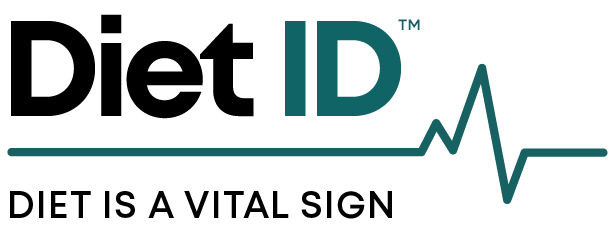Although it might not be immediately obvious, the way you eat has more to do with your brain than you may realize. New research continues to show the important relationship between diet and mental function. Take control of your diet to harness the power of your mind and improve your cognitive function!
Food and Mood
The foods we eat have a large impact on how we feel, and how we feel also impacts the way we eat. Emotional eating, when we try to find comfort or stress relief from eating unhealthy foods, is a great example of how mood can impact our food choices. Chips definitely won’t make you feel better in the long run, but they can be a short term source of happiness. Mindful eating, the practice of awareness at mealtimes, is just the opposite, when you focus on your meal and eliminate distractions to have a more enjoyable eating experience. Simply shutting off your phone or TV during meals can lead to higher satisfaction, earlier satiety, and will even help you better enjoy the taste of your food. These two examples illustrate the powerful way in which small habits can impact even the fundamental notions of taste or hunger. The way we think about our food has a powerful impact on how we eat it, and mindful eating is a great way to take advantage of this connection and savor each meal.
Mental Health
Of all the aspects of well-being, mental health is perhaps the least explored and most ambiguous element of all. New research continues to uncover ways in which we can use everyday tools and strategies to change our mental status, and now studies are even pointing to key changes you can make to your diet that will help you feel better overall. For example:
Did you know that fatty omega-3 fatty acids found in fish and plants like flax seeds and walnuts have been shown to combat depression? Studies have proven that by simply shifting the ratio of the types of fats you consume, you can reduce your risk.
Many of the key ingredients in berries, such as flavonoids and phenolic acids, have been shown to have a positive effect on mental function by slowing cognitive decline as well as improving memory!*
Many mental health experts recommend incorporating at least a teaspoon of turmeric into your diet each day to improve overall mental health. Turmeric can be used as a tea or added to grain dishes, beans, scrambled eggs or tofu, or even a fruit smoothie.
Green, leafy vegetables are an important source of nutrients such as folate and beta carotene which are important ingredients that fight inflammation in the brain that leads to declining cognition.
What all of these neat tips illustrate is that a healthy diet that incorporates fruits and vegetables, as well as healthy fats, while limiting unhealthy foods, is key to being happier and healthier each day.
Memory and the Mind
Alzheimer’s Disease has been at the forefront of cognition research for years, and our understanding of the disease’s onset as well as prevention has expanded rapidly. Alzheimer’s has been referred to by some as a form of diabetes, or insulin resistance, of the central nervous system. What this means is that diet and other lifestyle choices appear to be risk factors for the disease. This connection was clarified in a recent paper that connected obesity to an increased risk of Alzheimer’s. Researchers found that those with a high BMI experienced reduced blood flow to key areas in the brain that are associated with short-term memory. This informative discovery tells us that you can reduce your risk of developing the disease later in life by taking steps to have a healthier lifestyle today. Diet is the most important component of healthy living, so improving how you eat by incorporating more plant products and fewer processed foods will reduce your risk of Alzheimer’s later in life. No matter where you are in life, improving the way you eat will help you feel happier, healthier, and keep your mind in top shape!
________________________________________
*https://pubs.acs.org/doi/full/10.1021/jf2036033


